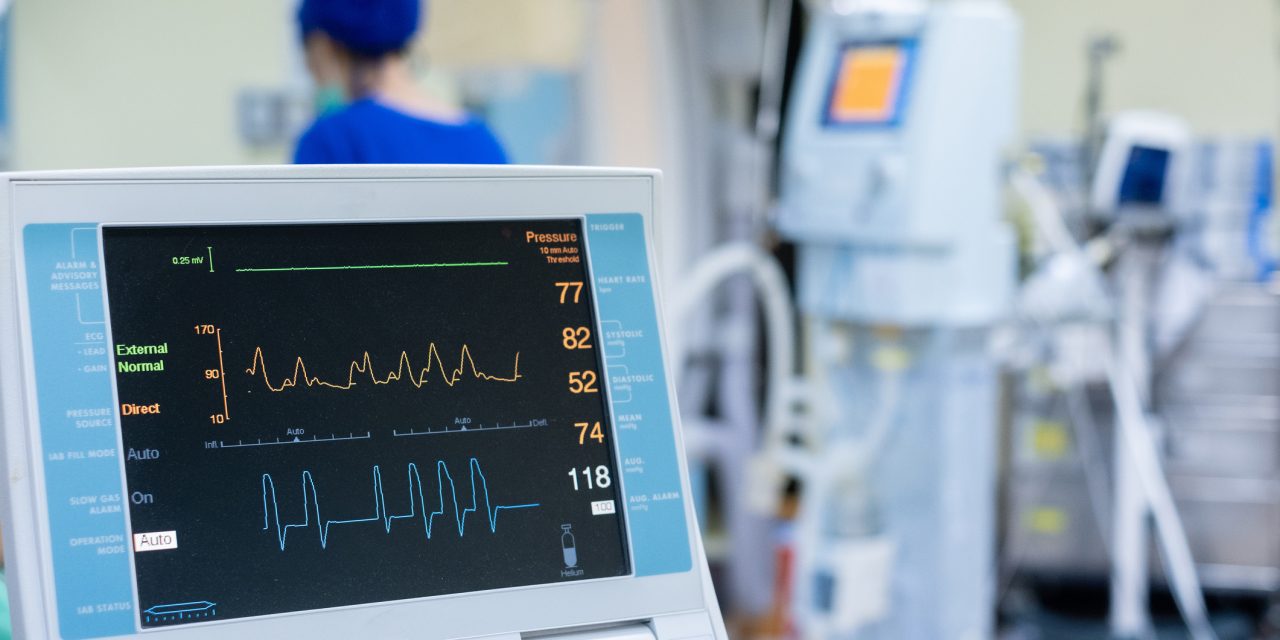Sepsis is a fatal organ dysfunction resulting from a disordered host response to infection. Endothelial cells (ECs) are usually the primary targets of inflammatory mediators in sepsis; damage to ECs plays a pivotal part in vital organ failure. In recent studies, autophagy was suggested to play a critical role in the ECs injury although the mechanisms by which ECs are injured in sepsis are not well elucidated. Autophagy is a highly conserved catabolic process that includes sequestrating plasma contents and transporting cargo to lysosomes for recycling the vital substrates required for metabolism. This pathway also counteracts microbial invasion to balance and retain homeostasis, especially during sepsis. Increasing evidence indicates that autophagy is closely associated with endothelial function. The role of autophagy in sepsis may or may not be favorable depending upon conditions. In the present review, the current knowledge of autophagy in the process of sepsis and its influence on ECs was evaluated. In addition, the potential of targeting EC autophagy for clinical treatment of sepsis was discussed.Copyright © 2018. Published by Elsevier Inc.
Pivotal role of endothelial cell autophagy in sepsis.


